GUAP Meets The Lagos Creatives Making Waves in the Culture.
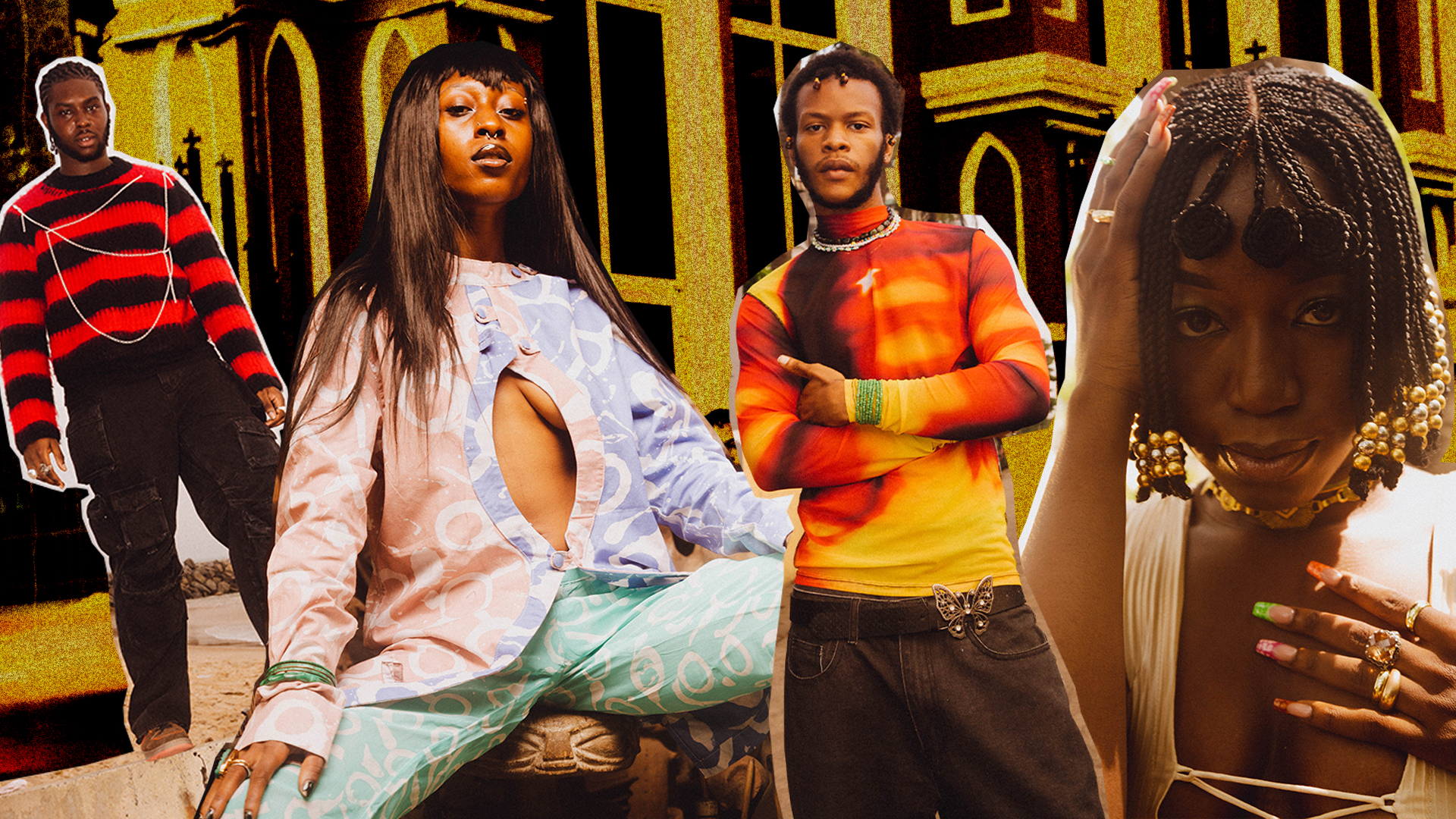
Words by: Subuola Makinde
Whether you’d like to admit it or not – Lagos is hot right now. From the political sphere to the creative industry, we’re in an interesting era, to say the least. We’ve all gotten used to seeing the names of the big three of the Nigerian music industry globally plastered across huge concert venues, festival posters, and adverts on a regular basis. But with the rapid rise of the once underground alté scene within the last decade and the unwavering resistance against oppressive forces, paired with the pursuit of social liberation by Nigerian youths, creativity flows through the former capital city of Nigeria like never before.
For someone used to short December stints in Lagos or not particularly familiar with the everyday hustle and bustle that characterises everyday life. You might wonder what the problem is with this. It’s no different than getting lost in the beautiful art we see coming out of cities like London or New York, right?
Wrong. To gloss over the creative obstacles that come with living in Lagos as a young person would be to oversimplify it as a city…
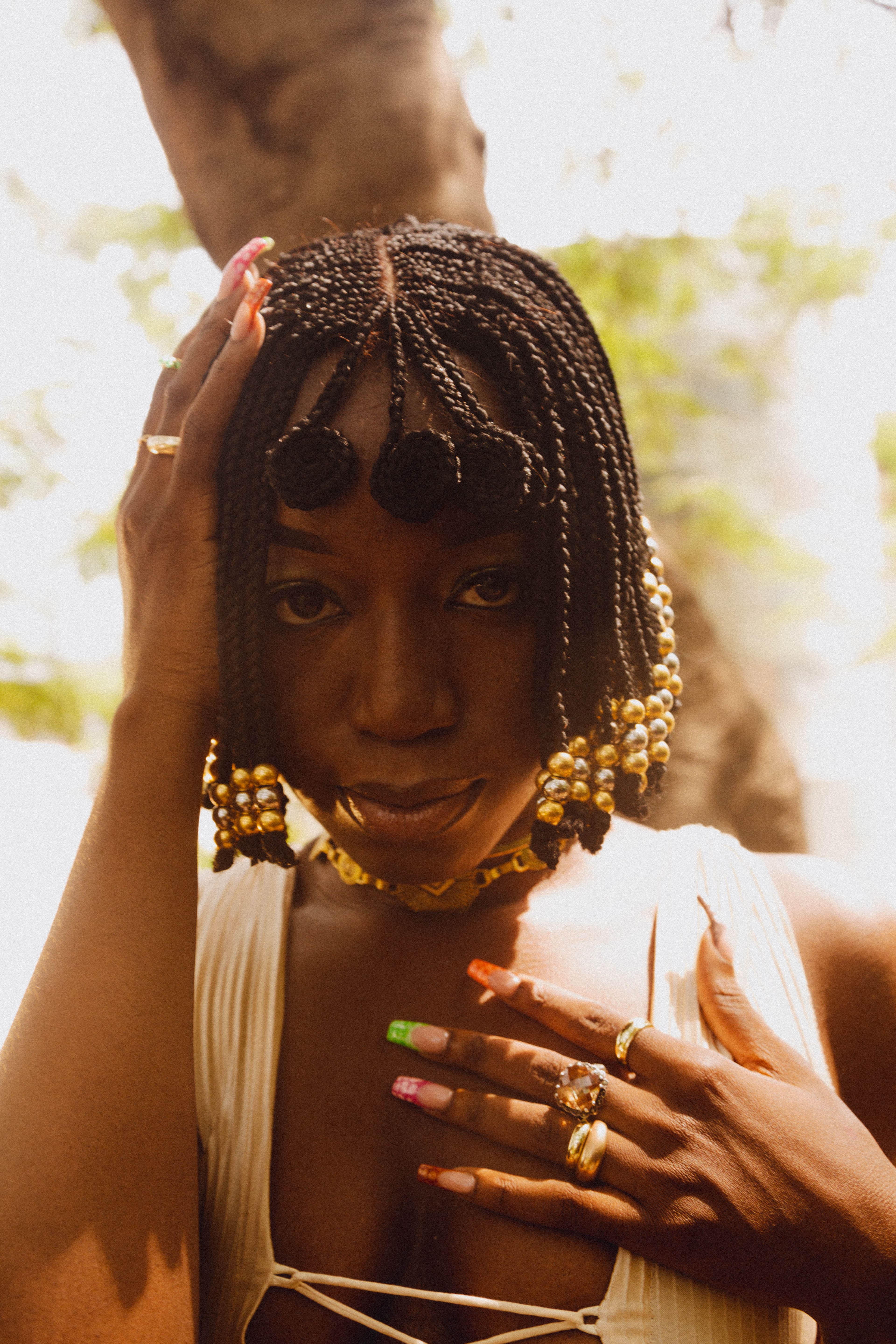
For podcaster and founder of ‘Lucid Lemons‘ (a company dedicated to supporting young Nigerians in the creative industry) Tomisin Akinwunmi, pursuing a creative passion is far from sunshine and daisies behind the scenes. “Lucid Lemons was born out of desperation, really. [The company] was mostly for my friends and the people around me in that space. Still, it turned out that a lot of people, a lot of young Nigerians especially, were in that same position, so it became a platform where anyone could come through and express themselves. via our website, and eventually events that we started doing.”
From the “gatekeepers” to not being taken seriously as a young person, the Lagos-based 25-year-old is no stranger to adversity within the creative industry. “For me, there was a certain level of people that you couldn’t actually get past as a young person trying to do something as big as Lucid Lemons. Initially, it was difficult to get people to understand my vision as a 20-year-old who didn’t live in Lagos [at the time] coming into Lagos to do a massive show at Muri Okunola Park… It has been difficult; I’m not gonna lie.”
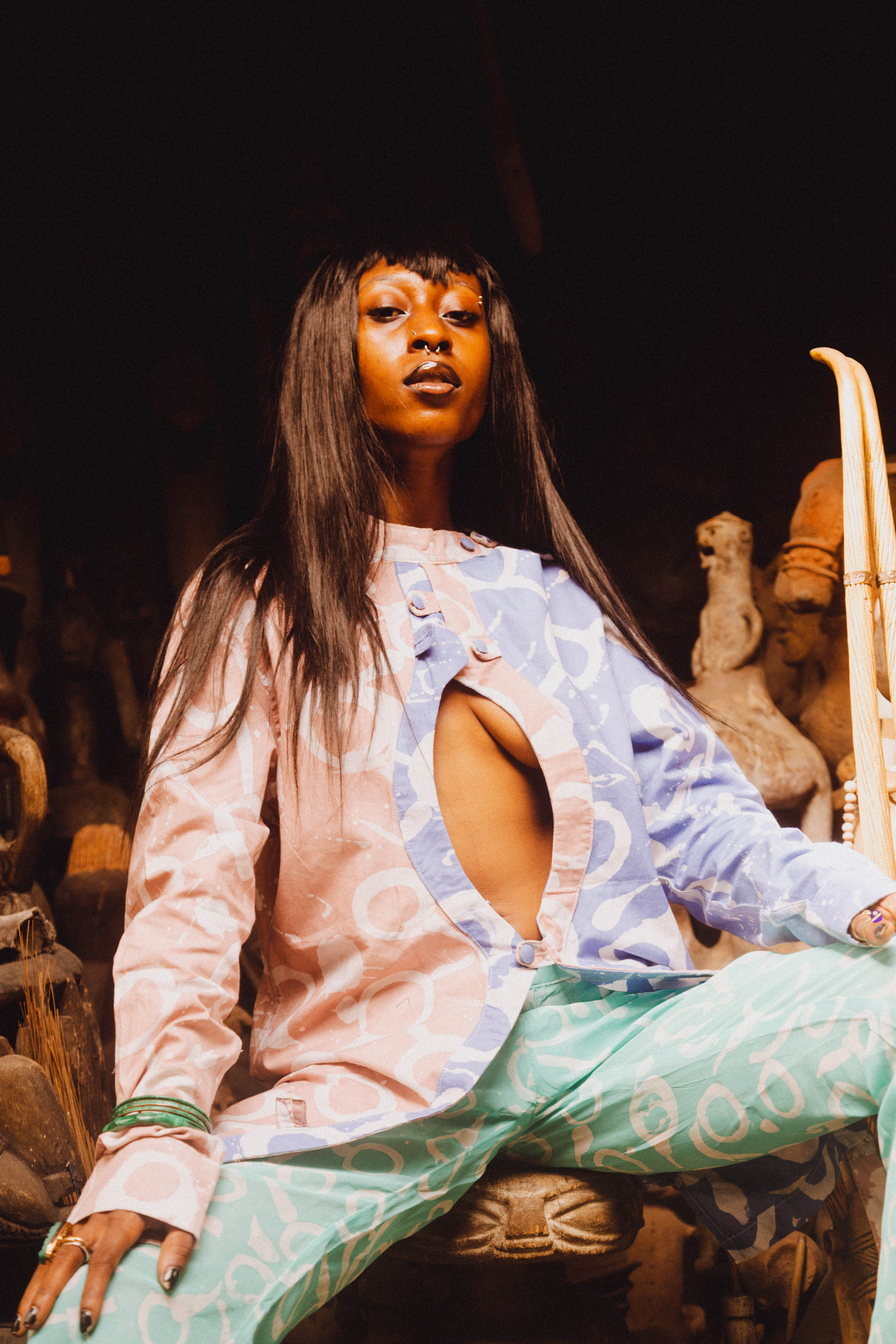
It’s safe to say that ‘difficulty’ has never been able to overcome the drive of young Nigerians. Despite obstacles, Lucid Lemons began to hold ‘The Lemon Curd’, annual events at Muri Okunola Park, which began in 2016, ‘The Lemon Curd’ is effectively “a humongous open mic night” geared towards underground creatives in Lagos. “At the time when I started ‘The Lemon Curd’, there was no platform really for developing talents; so we didn’t have any [Lady] Donli, Santi, [or] Odunsi going on the major platforms, it was just Davido, Wizkid, Burna kind of thing. I wanted to create a place where they could feel like the stars of the show.”
Aside from the obstacles that come with pursuing a creative passion, studying in a country like Nigeria comes with a seemingly pre-approved set of issues to be overcome during your time as a student. With university-wide strikes taking the average degree duration from 3 or 4 years to 6 or 7 years, it’s becoming important for more and more young people in Nigeria to decide whether this is the right path for them.
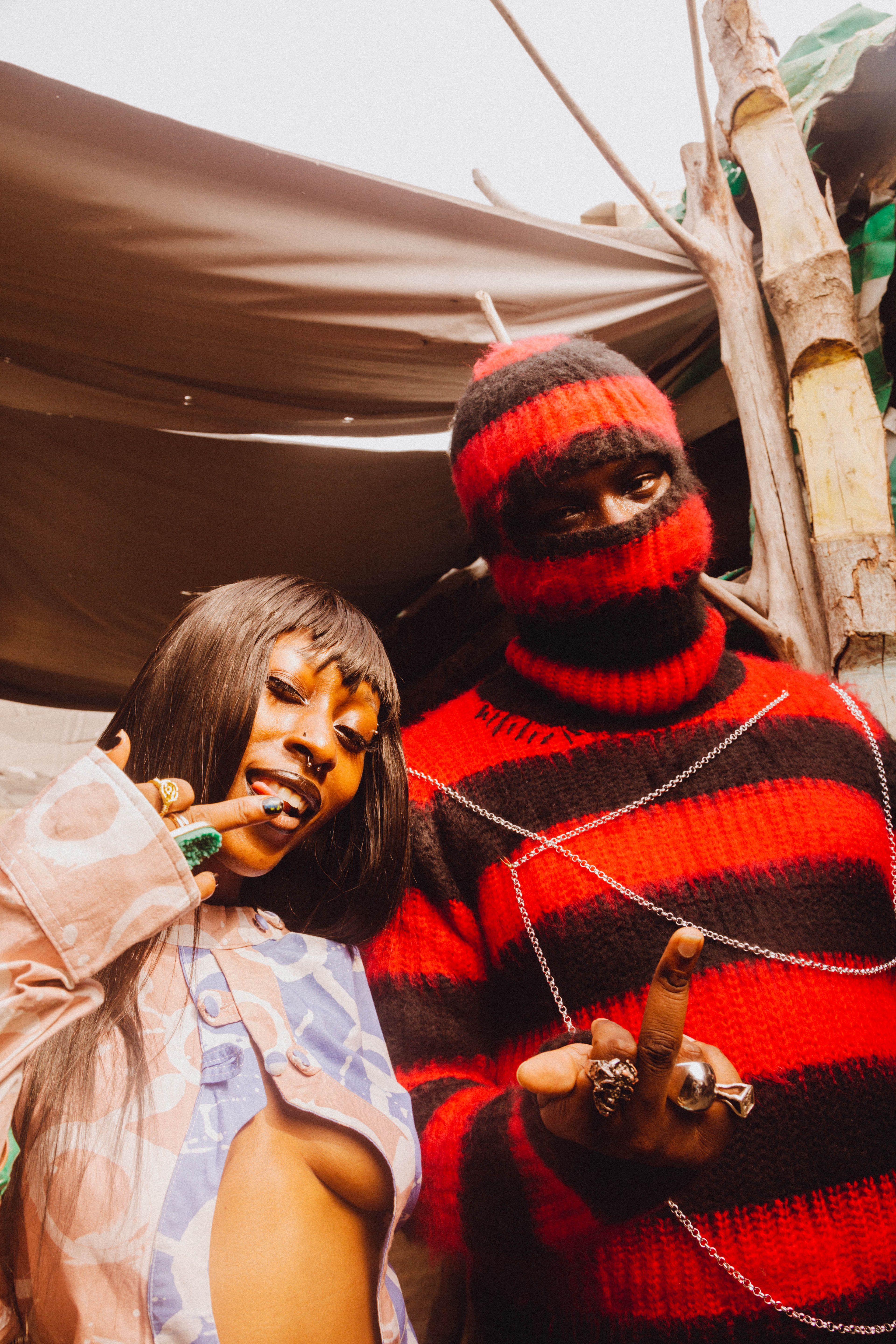
Makeup artist Ayopo Abiri made the fearless decision to choose passion over tradition. “I actually left school to focus on my freelance makeup and creative direction… so that was when I knew that this is actually what I want to do.” Known for her dreamy yet striking, colourful art on numerous creative bodies of work, Abiri names (among other things) a project entailing standing for 12 hours, jewelling someone’s face, as part of what makes her feel “whole”. Whilst the leap from university to working full-time as a makeup artist was obviously nerve-wracking, the entire ordeal offered “liberation” from an unproductive degree and from the unwavering grip of the confines of Nigerian society.
Ayopo undoubtedly embodies a glimmer of hope for Lagos-based students looking to turn their creativity into a livelihood. Still, it would be crazy to gloss over the glaring differences between being a student in Lagos and being a student in the UK. The hindrance faced by Nigerian students directly contrasts the situation of filmmaker and videographer Josiah Bello. His Royal Television Society Award-nominated short film ‘Stage Fright’, (which explores themes relating to mental health, anxiety and grief in the South London rap scene) was partially made possible through access to university equipment.
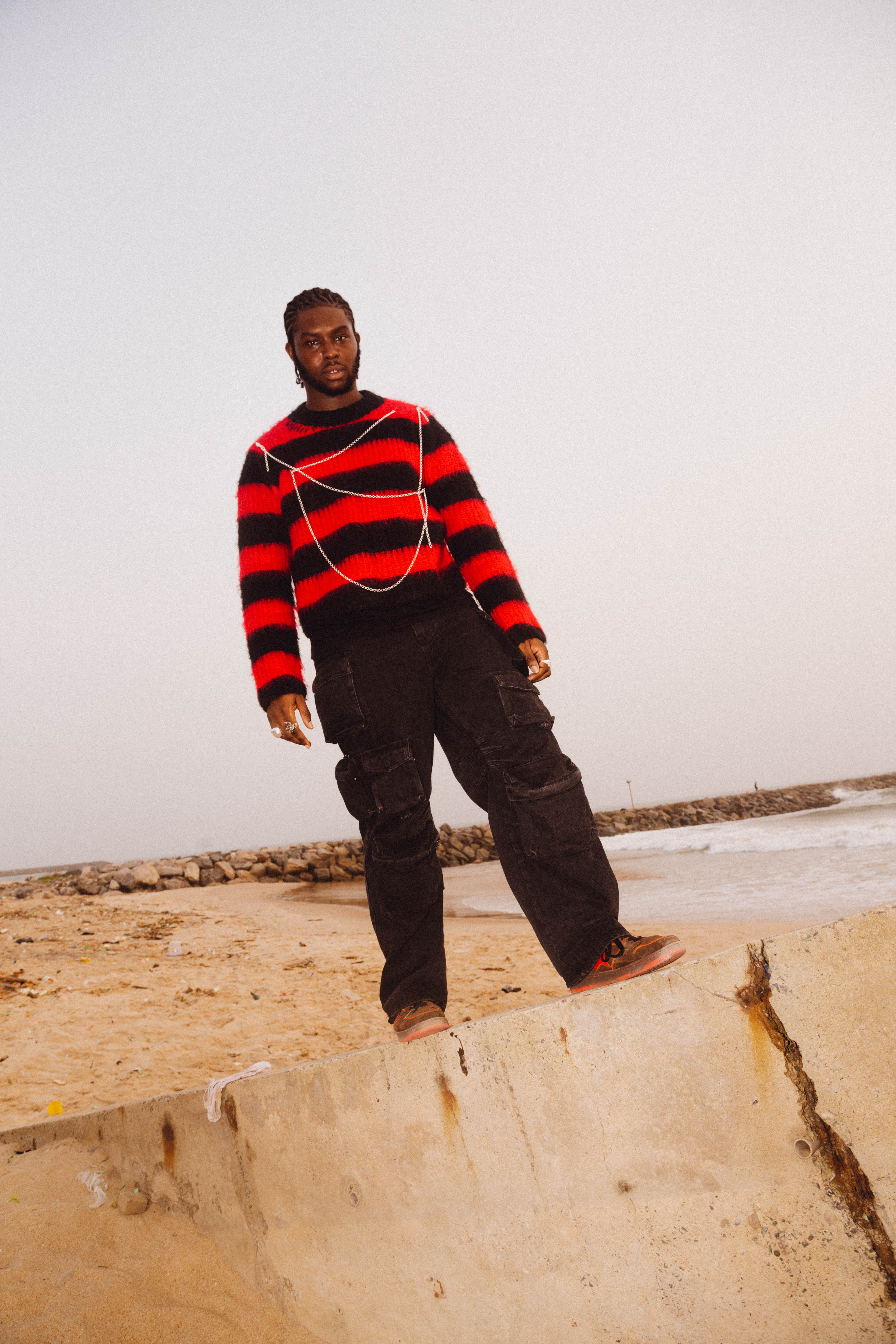
As well as industry-based frustrations, the extra layer of the general economic state of Nigeria adds to the complexity of choosing to pursue a creative passion as a young person in Lagos. Tomisin declares that “in Lagos, it’s like everyone is broke right now.”, which explains the plight of creative director and filmmaker Bryan Ibeh, “No one appreciates you financially like you don’t really get paid for stuff and people expect you to work for free.”
Bryan states that he draws creative inspiration from youth subcultures within Nigeria and across the globe and sees the Nigerian creative industry, including the alté subculture, as mostly a positive force within youth culture. Understandably, a lot of young people in Lagos see the fact that “It’s not very inclusive, and you have to know people to get any work done” as an obstacle that one must simply learn to live with when in Lagos.
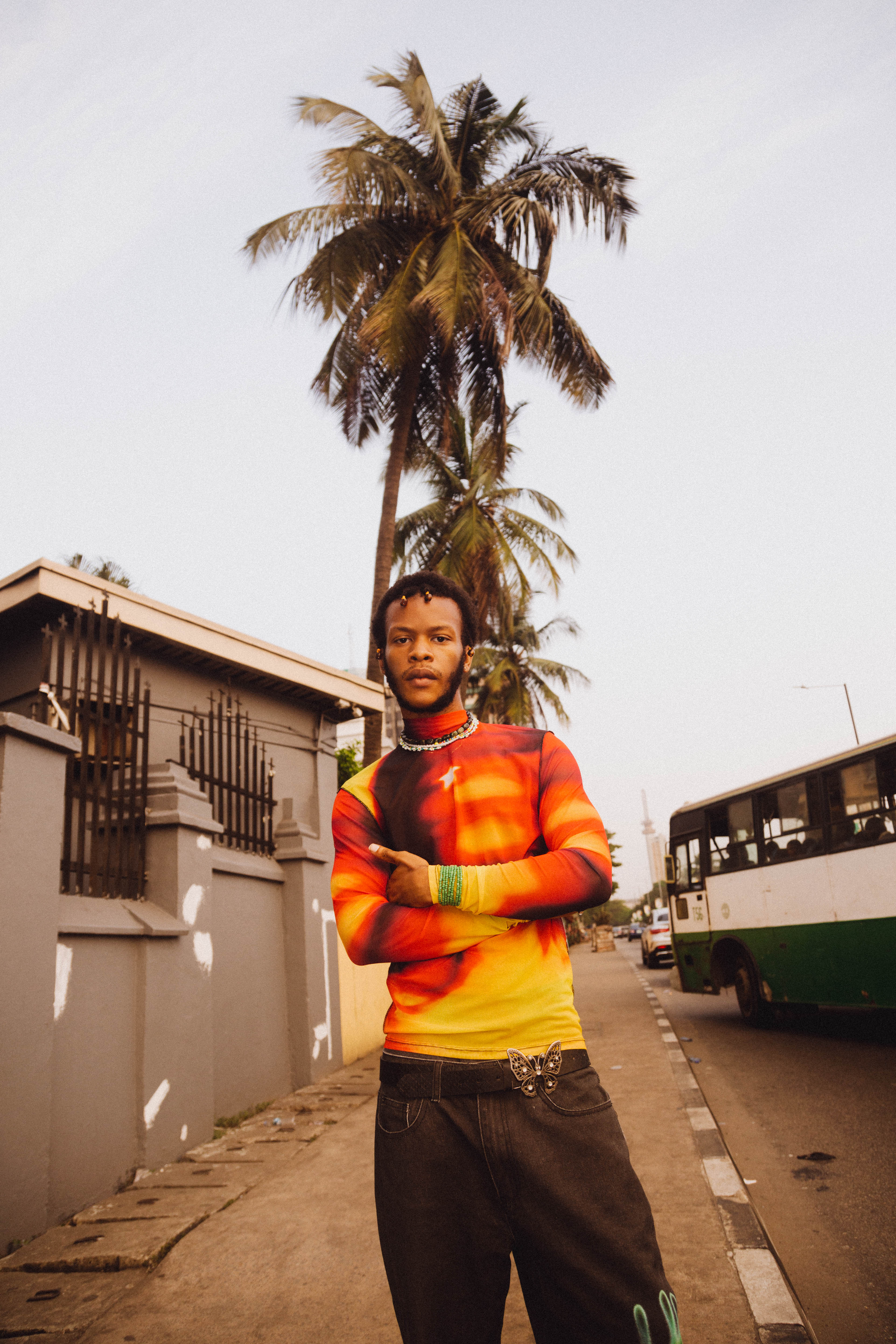
Whilst things in Lagos are far from easy, and change isn’t even close to the horizon, Tomisin highlights the collective effort that it would take to push the Lagos creative scene in the right direction. “I actually think the biggest problem with the Nigerian creative scene is us… Every one of us stopped each other from getting to the potential that we could be reaching. We need to be more open to collaboration; we need to be more open to talking to people, getting ideas out there and not hoarding information like it’s gold.
Honestly, the only way to move forward in this industry is to become an industry. An industry that looks out for one another, an industry that cares for one another. It’s not really about who’s older or who’s younger, or who’s new to the scene or whatnot. It’s about me looking out for my fellow creative in whatever way I can, whether it’s in the corporate world, the creative world, or even just as a human being, as a fellow young Nigerian. It’s about us. It’s about ensuring that you, you, you and everyone is looked out for no matter what.”
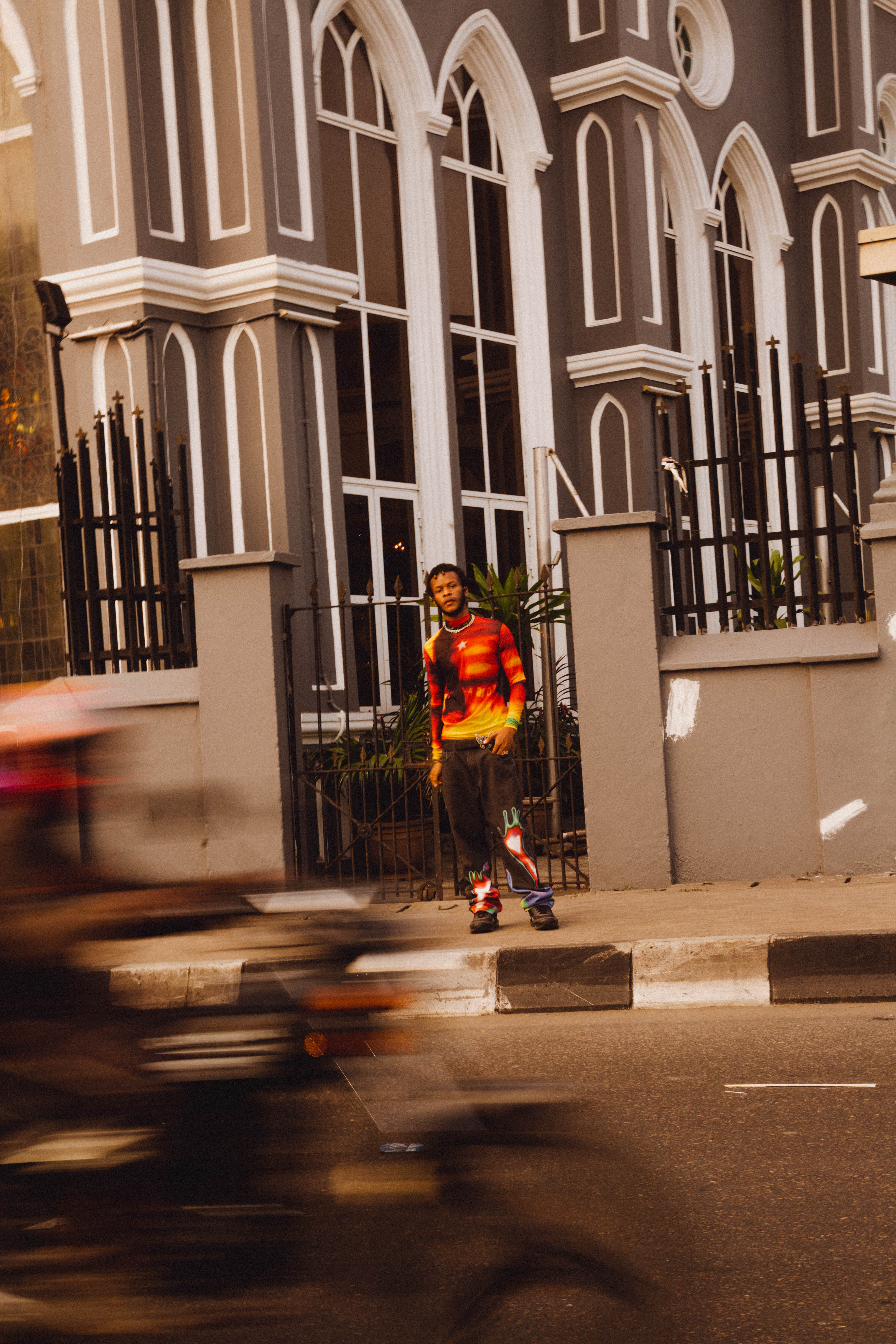
Credits:
Creative Directors: Tiolu Enitan & Subuola Makinde
Photographer + videographer: Michael Agharese | (@mwtv__)
Photo Assistant: Onari & Paul Dlight.
Producer: Toluwalola Adeyemi | (@xellcat)
Production Assistant: Ugonna Ekwebelem | (@meinmyworld1000) & Kamsi Obiakor | (@kam.0b)
Hair: Ajoke Lawal | (@nifemilarj)
Journalist: Subuola Makinde | (@subuola_makinde)
Stylist: Tiolu Enitan | (@diiamondheartt)
Assistant Stylist: Obehireme Binitie | (@obh8s.u)
Check out the GUAP Arts & Culture section, to discover new art, film, and creative individuals.





![ZINO VINCI’S ‘FILTHY & DISGUSTING’EP BRINGS YOU TO THE CORE OF THE ARTIST [@ZinoVinci]](https://guap.co/wp-content/uploads/2023/10/Zino-4.jpg)

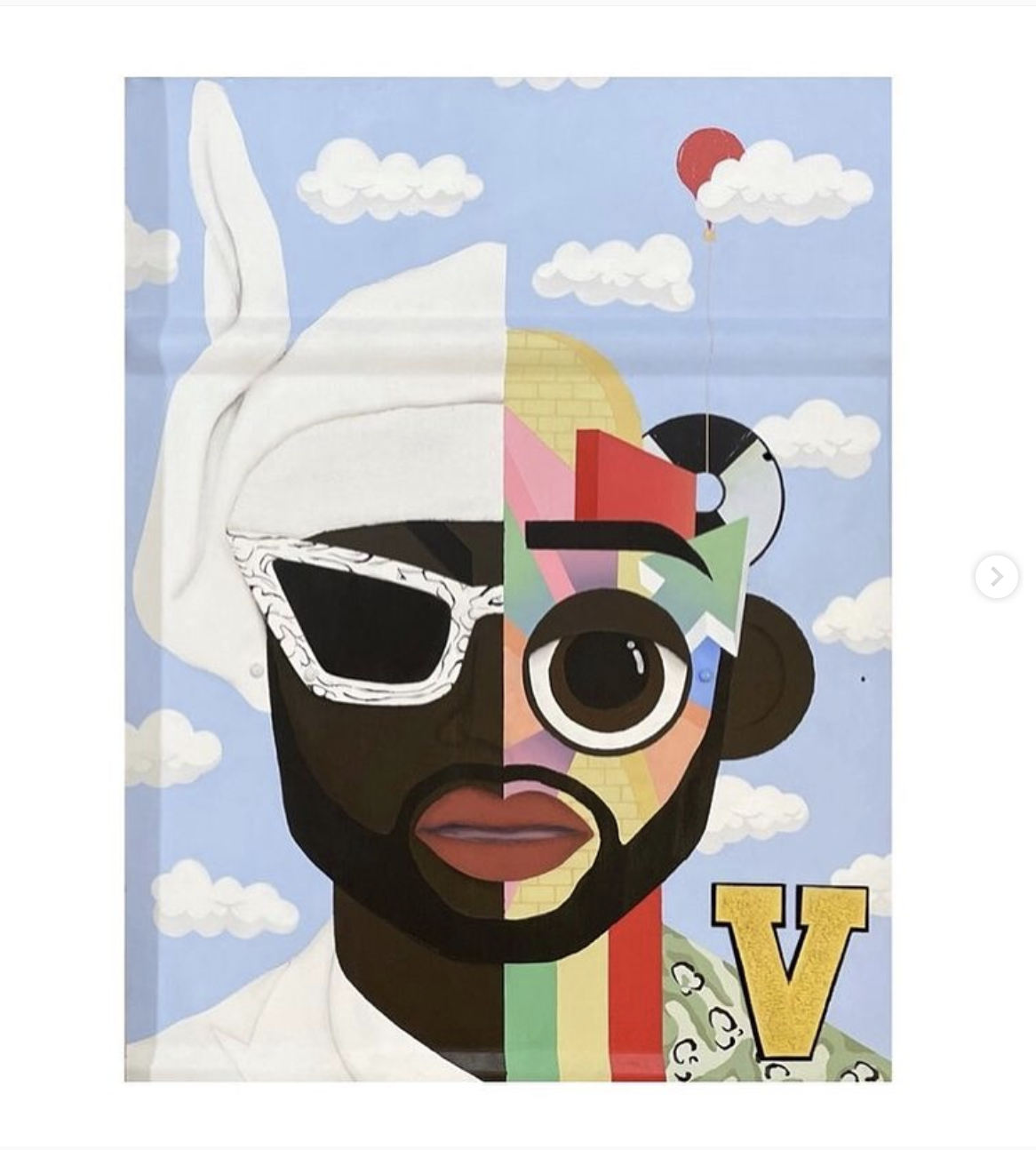



![Remel London’s [@Remel_London] “Mainstream” is a must attend for upcoming presenters!](https://guap.co/wp-content/uploads/2017/02/REMEL-LONDON-FLYER-FINAL-YELLOW-COMPLETE-1.png)
1 Comment
[…] to London. Fashion enthusiasts will have the opportunity to witness the creativity and artistry of Nigerian designers firsthand, engaging in dialogues that bridge cultural divides and foster greater […]
Comments are closed.